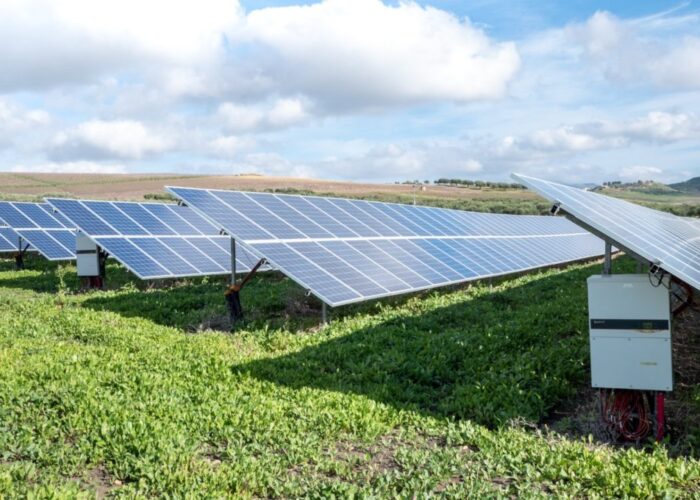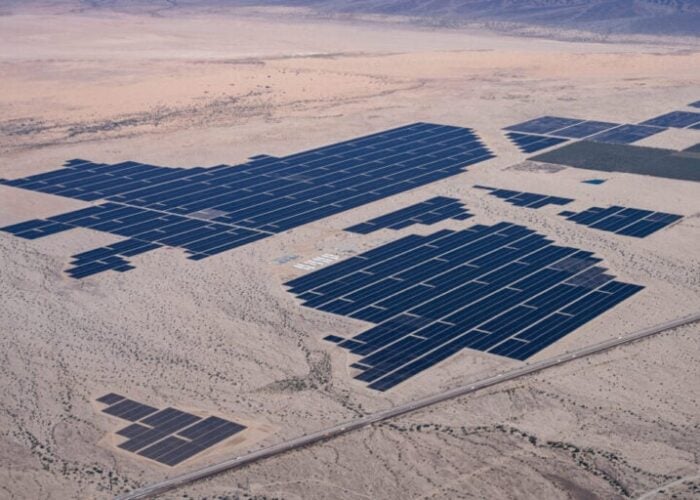House builders in Texas will be obliged to offer customers the option of installing a solar system in new build homes under proposed legislation.
Two bills, SB 304 and SB 305, were filed earlier this month by Senator José Rodriguez and are designed to promote the uptake of solar energy in the state.
Unlock unlimited access for 12 whole months of distinctive global analysis
Photovoltaics International is now included.
- Regular insight and analysis of the industry’s biggest developments
- In-depth interviews with the industry’s leading figures
- Unlimited digital access to the PV Tech Power journal catalogue
- Unlimited digital access to the Photovoltaics International journal catalogue
- Access to more than 1,000 technical papers
- Discounts on Solar Media’s portfolio of events, in-person and virtual
Under the SB 304 bill, homebuilders in Texas would be obliged to offer home buyers the option to install a solar energy system in their homes for “heating or cooling or for the production of power”. However, home buyers are not obliged to say yes.
As stated in the proposed bill, it will only apply to “a contract for construction of a new home in a subdivision that contains more than 50 lots on which the builder has built or is offering to build new homes”.
Under the SB 305 bill, certain solar energy systems will be exempt from sales tax providing a further incentive to adopt solar. In the proposed bill, it states that “the sale, use, or installation of a solar energy device that is installed on a retail customer’s side of the metre is exempted from the taxes imposed by this chapter”.
A statement sent to PV-Tech from Senator José Rodriguez’s office explained why the senator put forward the proposed bills: “The point of both of these bills is to support development of solar energy. By giving consumers an option — and an incentive — we will benefit in multiple ways. As demand rises for solar from both builders and consumers the technology will evolve faster; that has environmental, economic and supply implications. Clean energy that helps people lower their bills and potentially ease seasonal strain on the electrical grid — as well as help build new industries — makes too much sense not to pursue and support.”
The office has also confirmed that it will be working on the legislation through May, after which decisions on the bills are expected. If approved, both bills will become effective on 1 September 2013.







